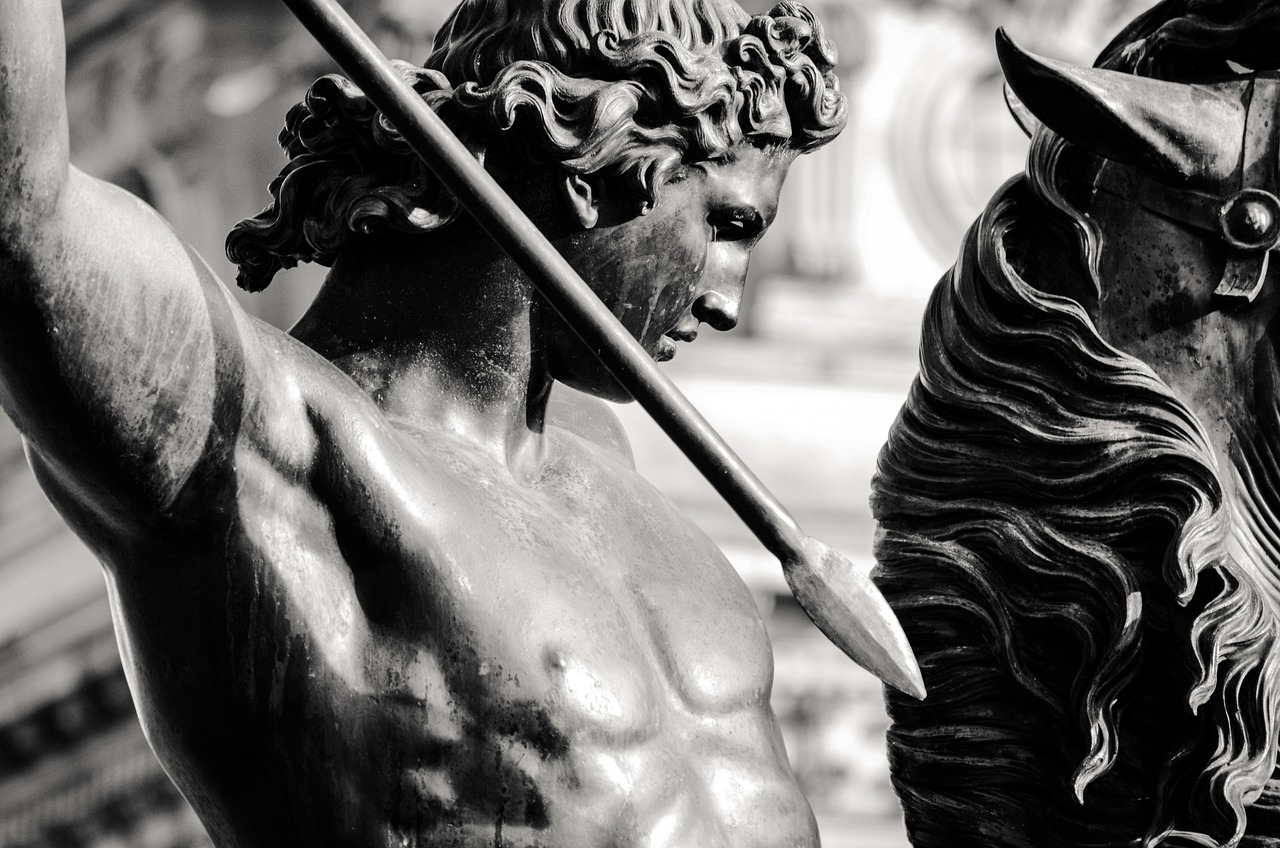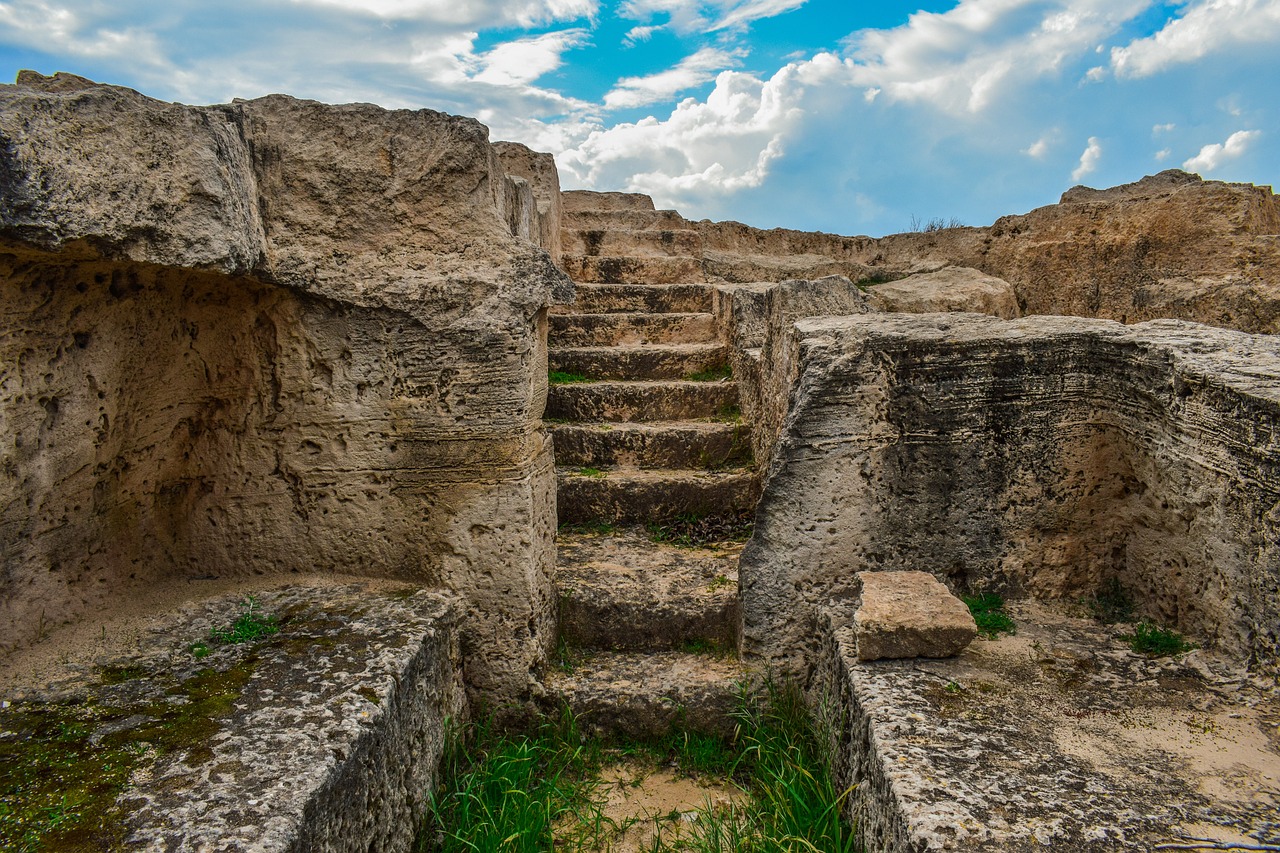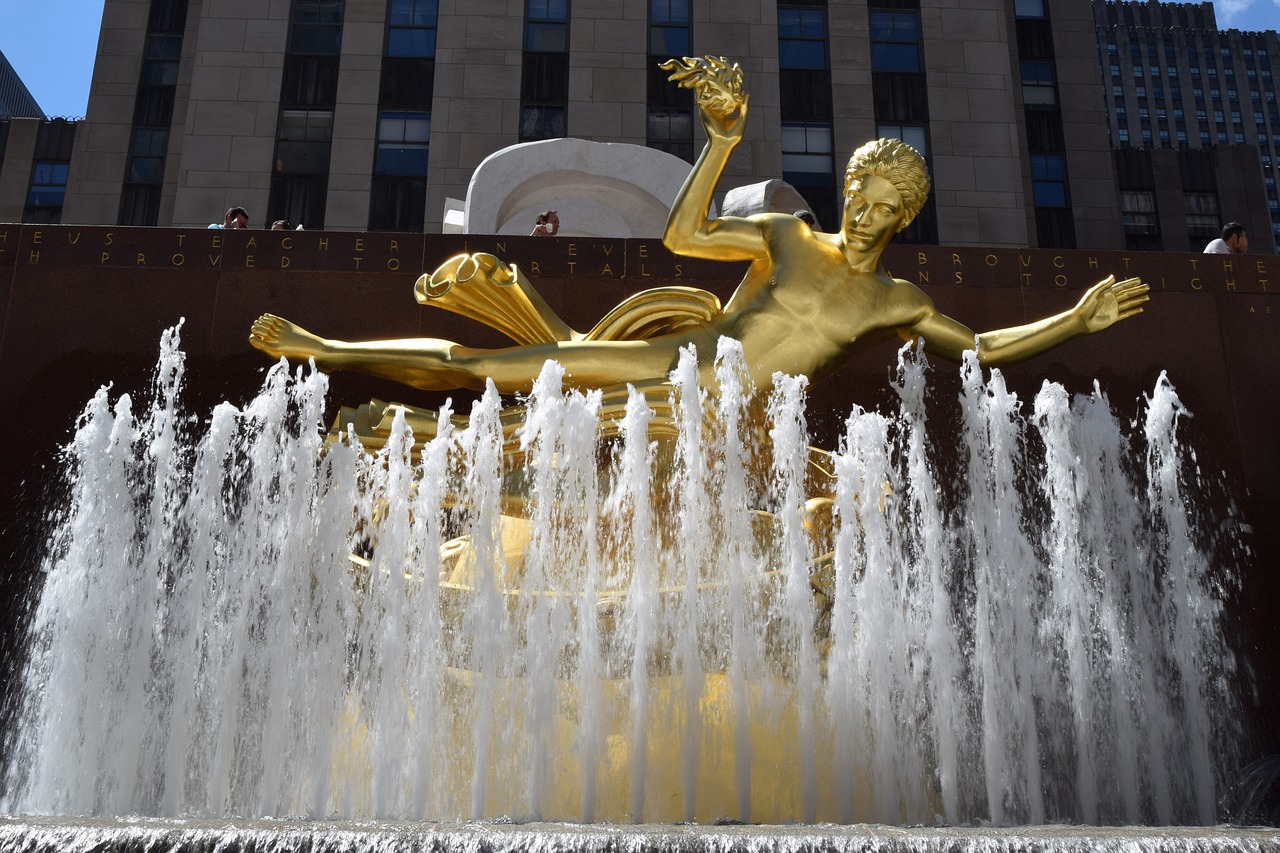Author: Sun WuKong
-
The Conflict: Sun Wukong vs. Olympian Gods In the ongoing debate surrounding the might of Sun Wukong, the Monkey King, against the twelve Olympian gods, various opinions have surfaced over years of discussion. Wukong is a character deeply rooted in Chinese mythology, showcasing extraordinary abilities and feats that often spark admiration and intrigue. Sun Wukong’s…
-
Greek mythology comprises a collection of narratives about the deities, heroes, and rituals integral to ancient Greek culture and Classical antiquity. While elements of fiction were acknowledged by critical thinkers of the era, like the philosopher Plato, the broader populace tended to regard these myths as factual representations of their beliefs. This rich tapestry of…
-
Mors, a prominent figure in Roman mythology, embodies the dualities of Darkness and Agony, serving as a representation of Death. She is closely related to Nox, the goddess of the night, and shares a bond with her twin brother Somnus, who represents sleep. Based in a secluded cave adjacent to the river Lethe, she claims…
-
During renovation efforts aimed at a century-old sewer system in Rome, workers unexpectedly uncovered a life-sized marble statue representing Hercules, distinguished by its lion skin headdress. Jane Draycott, an archaeologist at the University of Glasgow, expressed her astonishment at the discovery, calling it a delightful surprise amid less glamorous surroundings, as noted in the Miami…
-
Ancient Egyptian Faience Statuette-Amulet of Thoth with Ibis Head This exquisite ancient Egyptian faience statuette, believed to date from the Late or Ptolemaic Period (6th–1st century B.C.), showcases the vibrancy of light green faience and stands at a height of 11.6 cm. Though in good condition, it should be noted that the beak has undergone…
-
The tale of Prometheus has been woven throughout history, evolving with the perspectives of various authors over time. Its origins can be traced back to Hesiod’s Theogony, and subsequent writers have expanded upon the myths, transforming them into deep philosophical explorations. Notably, Greek playwright Aeschylus centered his dramatic works around Prometheus. The only surviving part…
-
Introduction to Chiron, the Centaur Chiron, known as Kheiron in Greek mythology, was the most prominent and wise among the Kentauroi, or Centaurs, a unique group of half-horse men hailing from Thessaly. Distinct from his wild brethren, Chiron was an immortal being, fathered by the Titan Kronos (Cronus) and the nymph Philyra. Rhea’s unexpected intervention…
-
The veneration of Ptah in ancient Egypt, especially in Memphis, marks him as a significant figure in the pantheon of deities, embodying the essence of craftsmanship and creativity. Although historical records from early Egypt are limited, Ptah’s relevance can be traced back to the late prehistoric era. Here are nine remarkable elements that underscore the…
-
In the enchanting realm of Irish mythology, the Tuatha Dé Danann hold a special place, embodying various divine attributes. Among these deities, Ogma emerges as a prominent figure, celebrated for his remarkable wisdom, strength, and command over language. This article examines the mythological narrative of Ogma, highlighting his origins, defining traits, and lasting impact within…








